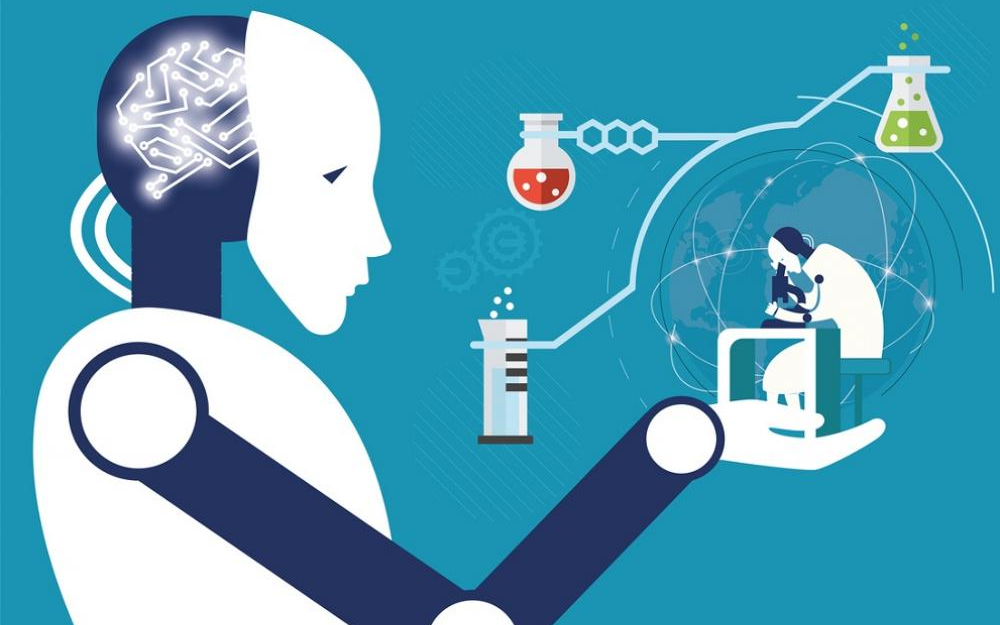Digital deals are reshaping the life sciences industry
By April Lara
July 31, 2024

Photo of digital deals
Driven by the advancements in digital technologies, the life sciences industry is transforming. New technologies are becoming indispensable tools for boosting research, efficiency, and patient outcomes. In line with this comes the landscape of deal-making that is also changing.
In the middle of these deals lies digital assets that will enable companies to capitalise more on this digital world. In fact, these deals are becoming the lifeblood of the industry in areas such as drug development, innovation, and more.
Several companies have begun, such as Oxford Nanopore Technologies, which secured a £195 million investment to boost its digital capabilities in genomic sequencing. Another Oxford-based company, Exscientia, raised £161 million to develop its AI platform for drug discovery.
Several key trends are driving these digital deals. AI and machine learning in drug discovery development are becoming more prominent. These technologies have proven useful as they enable faster and more accurate identification of drug targets, optimisation of clinical trials, and the development of personalised medicine.
With the huge amounts of healthcare data, data-driven innovation is another trend that is proving to be incredibly useful. The need for effective data management is crucial in unlocking the full potential of this asset. Still, due to the data privacy regulations, there needs to be careful planning and compliance that must be worked around.
While these trends provide significant opportunities, the landscape of digital deals is complex and comes with many challenges. Several areas require careful consideration, such as valuation, intellectual property, and data privacy.
Valuation of intangible assets is a challenge because they lack established valuation methodologies. However, it’s necessary to determine the fair market value of these assets for successful negotiations. Factors such as revenue potential, growth prospects, and competitive landscape influence valuation, but their quantification remains complex.
John Easton, life sciences industry M&A veteran and Sterling Technology board advisor shared some insights on what the industry can expect in defining and valuing digital assets, “I think legal counsel will continue to be occupied with finding ways to define assets, to establish title, while finance teams will continue to wrestle with alternative valuations.”
Another area for consideration is securing intellectual property for software code, algorithms, and data from unauthorised use or disclosure. With the rapid pace of innovation and the global nature of the industry, IP protection is challenging. There needs to be enough IP protection through patents, copyrights, and trade secrets to maximise the value of these digital assets.
Finally, the increasing reliance on data has revealed concerns about data privacy and security. It is critical to protect sensitive patient data, which means that compliance with stringent data protection regulations, such as GDPR and HIPAA, is necessary. Balancing the need for data utilisation with robust security measures is a delicate balancing act for dealmakers.
Bookings for the Pharma Industry Awards UK are now open. Join the celebration with the cream of the UK’s Pharma, Biotech and Medtech Industries through our bookings portal: Here
The Deadline for entries into this year’s Pharma Industry Awards Ireland is fast approaching. Download the entry guide here.







.png)